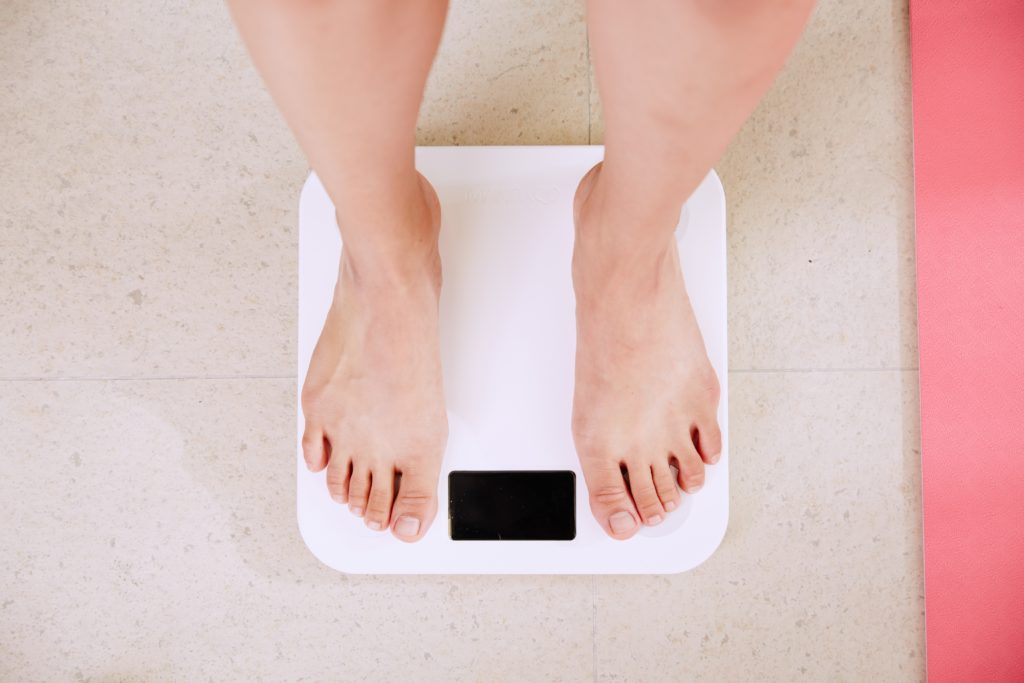When you lose weight do you know what happens to your fat? Don’t be embarrassed if you don’t know because you may be shocked to learn that many doctors, personal trainer, physical therapists, dietitians and the like don’t really know either. It is funny to think that so many people desperately want to get rid of something but yet they have no idea what getting rid of it actually means. All they know is that they like the results when it does happen. Additionally, it hard to really measure how much fat is lost at a time, at least quantitative. The scale can be tricky because when you’ve lost fat but also gained muscle you could actually see a higher number on the scale. The best ways to tell are actually measuring your body fat which can be a variable value too or just going by how your clothes fit. But again where does the fact actually go? There are usually two common answers people come up with… they think fat turns into muscle, which is impossible, or others assume it leaves the body through their colon.
A few years ago, Physicist Ruben Meerman did a TEDx Talk on The Mathematics of Weight Loss. If you haven’t seen his TEDx Talk before, we highly recommend it.
“The correct answer is that fat is converted to carbon dioxide and water. You exhale the carbon dioxide and the water mixes into your circulation until it’s lost as urine or sweat. If you lose 10kg of fat, precisely 8.4kg comes out through your lungs and the remaining 1.6kg turns into water. In other words, nearly all the weight we lose is exhaled. This surprises just about everyone, but actually, almost everything we eat comes back out via the lungs.
Every carbohydrate you digest and nearly all the fats are converted to carbon dioxide and water. The same goes for alcohol. Protein shares the same fate, except for the small part that turns into urea and other solids, which you excrete as urine.” – Physicist Ruben Meerman
Yup, you read that right. Fat escapes our bodies through our breath. So does that mean the key to losing weight is to breath more? Not quite.
“Huffing and puffing more than you need to is called hyperventilation and will only make you dizzy, or possibly faint. The only way you can consciously increase the amount of carbon dioxide your body is producing is by moving your muscles.”
Now, admittedly saying the answer is to eat less and move more, which moving more increasing your breathing rate is far more complex. This is one of those easier said than done scenarios.
The weight loss part is easy, it is humans that are difficult.







